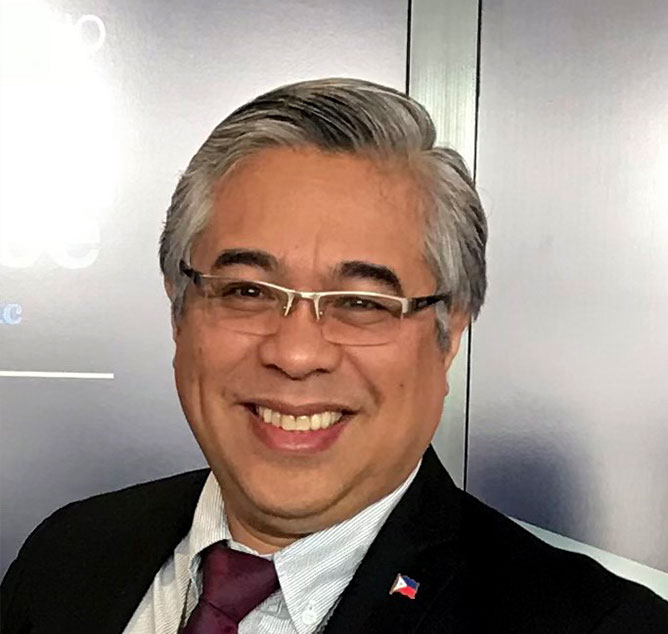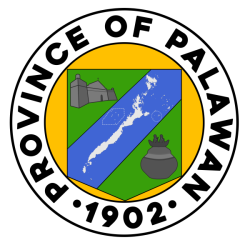OVERVIEW
About ISA and the PGS
About the Boot Camp (Basic Class)
The Public Governance Forum is ISA’s recognition program, where partner institutions showcase their progress and milestones along the PGS pathway. This program gives us insight into the growth of our public organizations in providing quality service to the Filipino people.
Modules
Module One: Building our Dream Philippines
ISA envisions a Dream Philippines where every public institution delivers and every citizen thrives. To build our Dream Philippines, ISA believes that the propagation of good governance in the public sector is the key to attaining genuine transformation and substantial progress in our country.
To build our Dream Philippines, ISA believes in transforming the public sector. In this module, you will learn why good governance is essential to development and what your role is as a public servant in nation-building.
Objectives
At the end of this module, you will be able to:
1. Understand why good governance is the key to development
2. Recognize the PGS as an effective tool for good governance
3. Evaluate your role in nation-building
PGS Elements
1. Basic Governance Documents
2. Office for Strategy Management
3. Multi-Sector Governance Council
4. Governance Culture
5. Governance Sharing
6. Breakthrough Results















